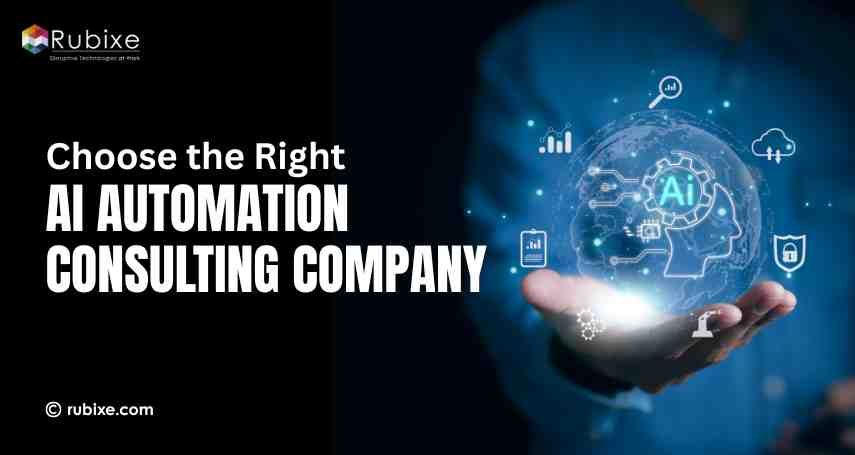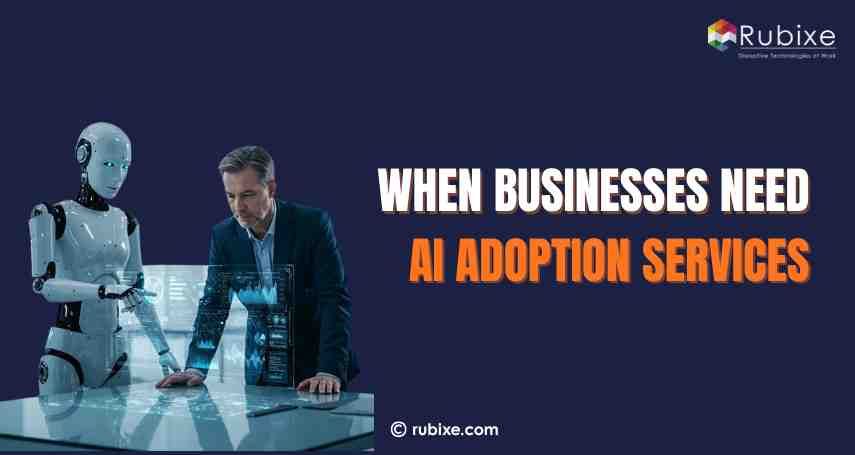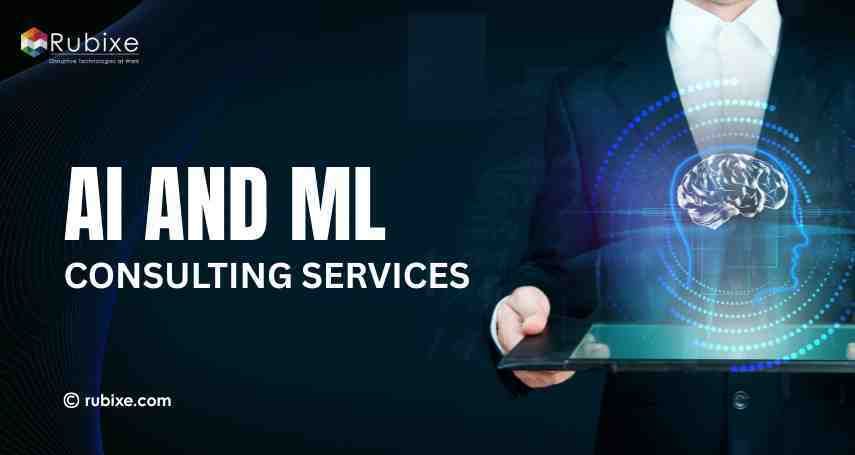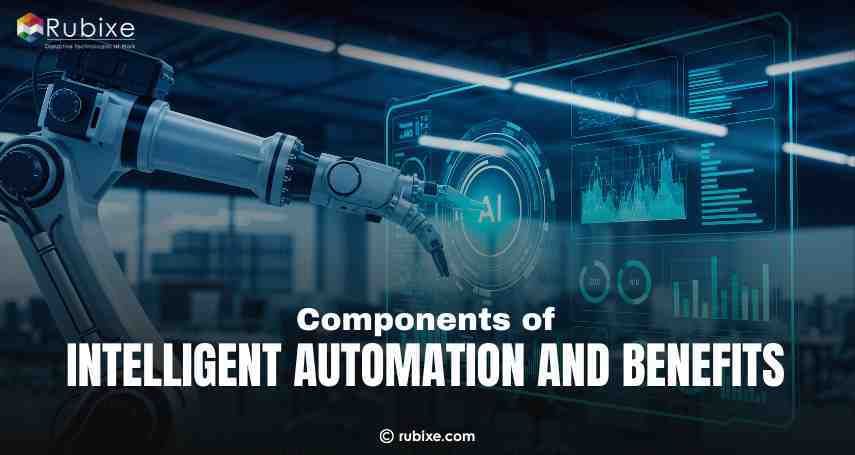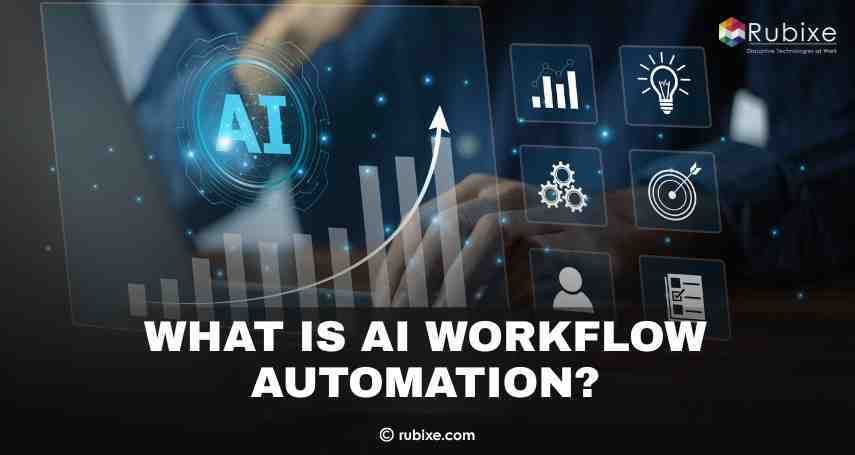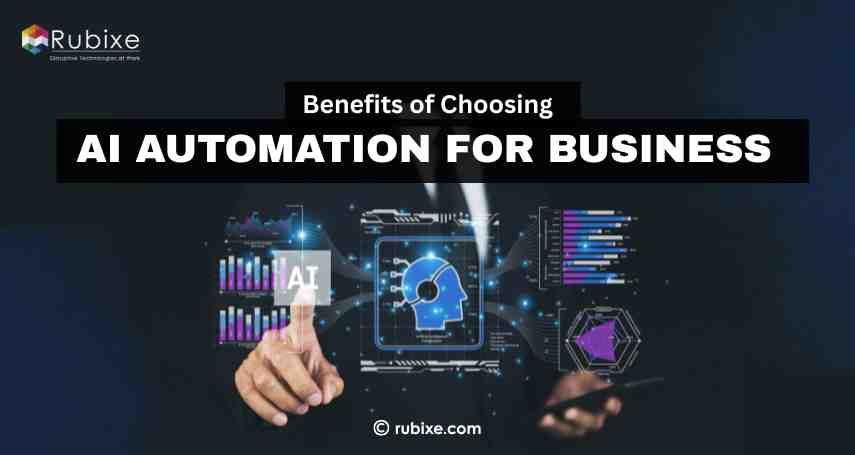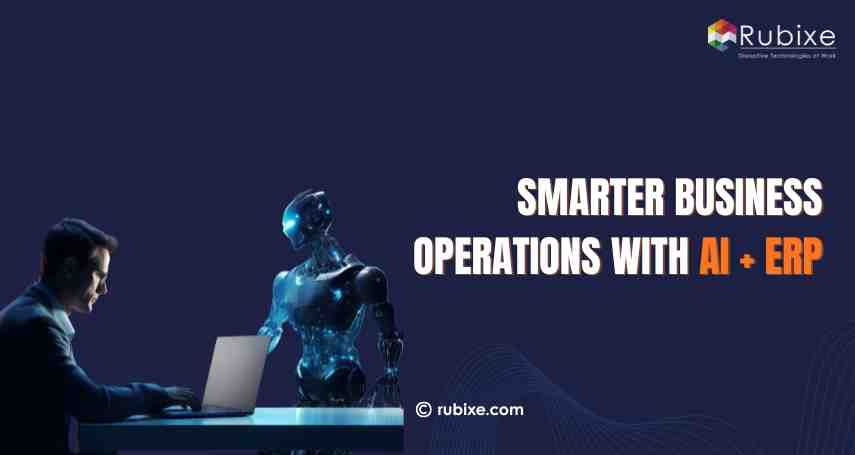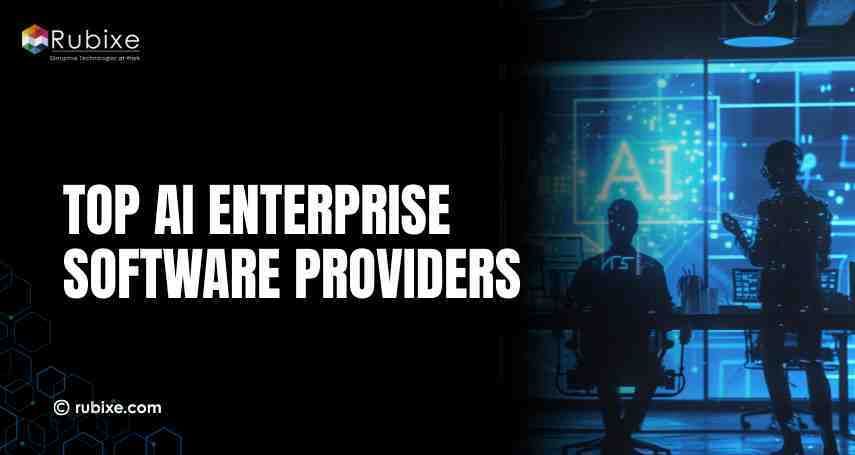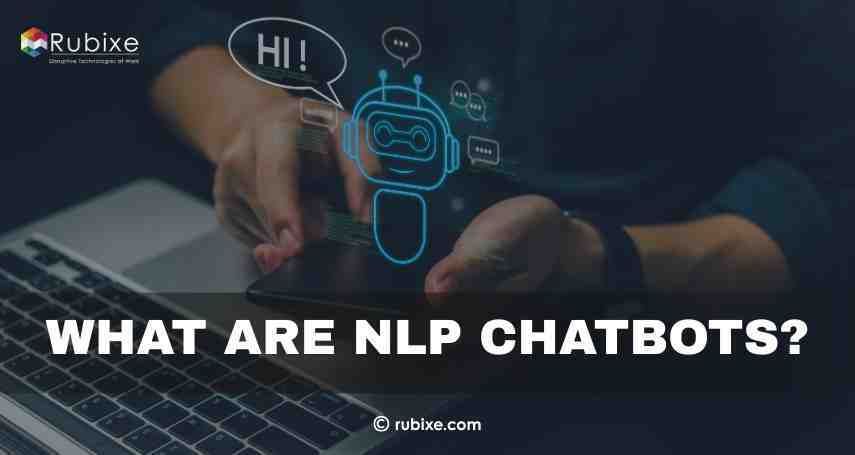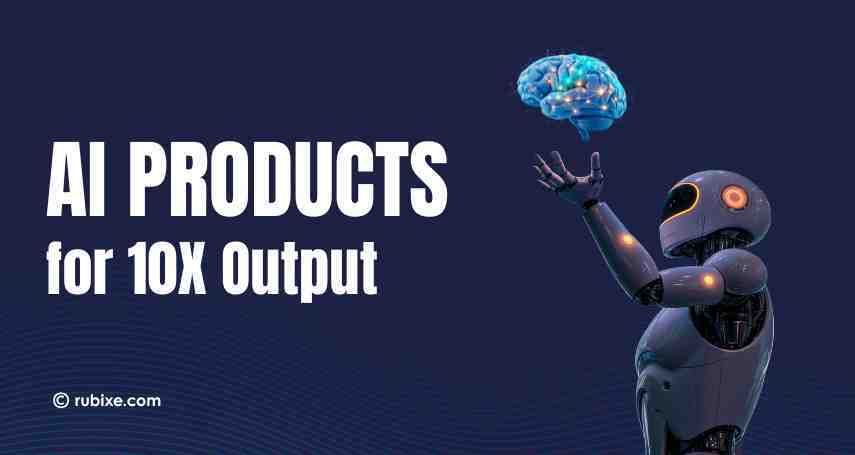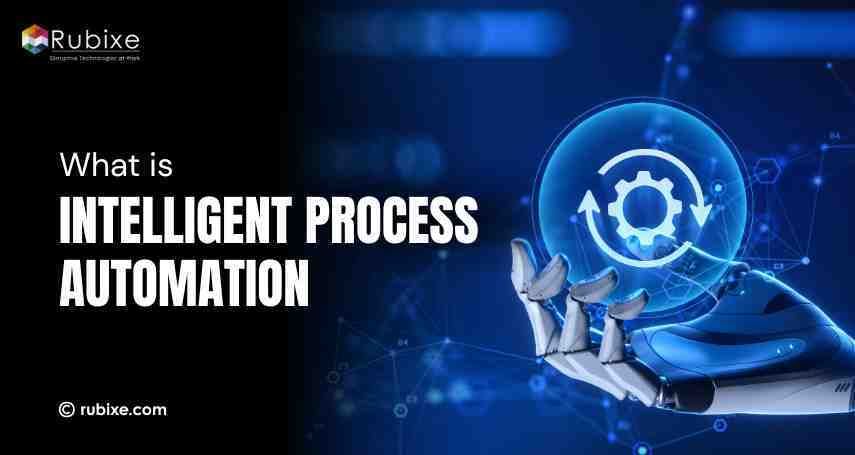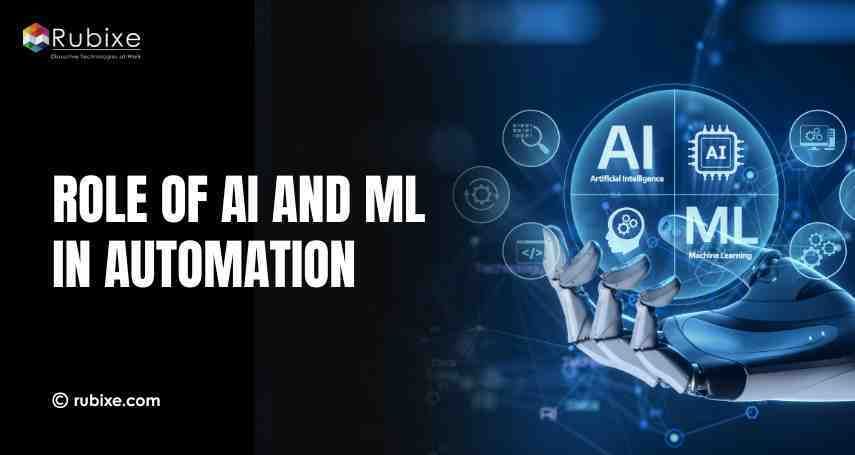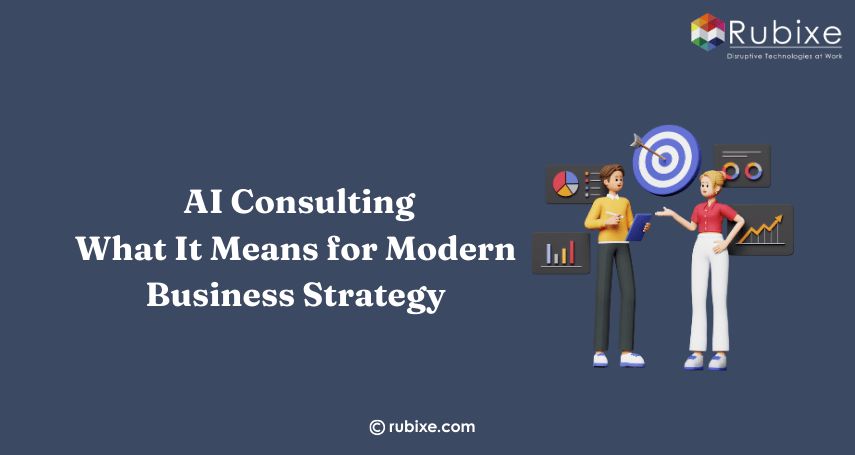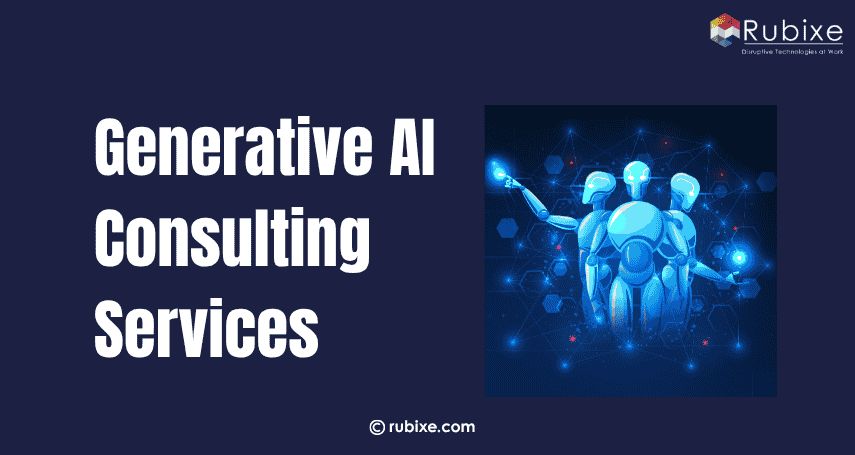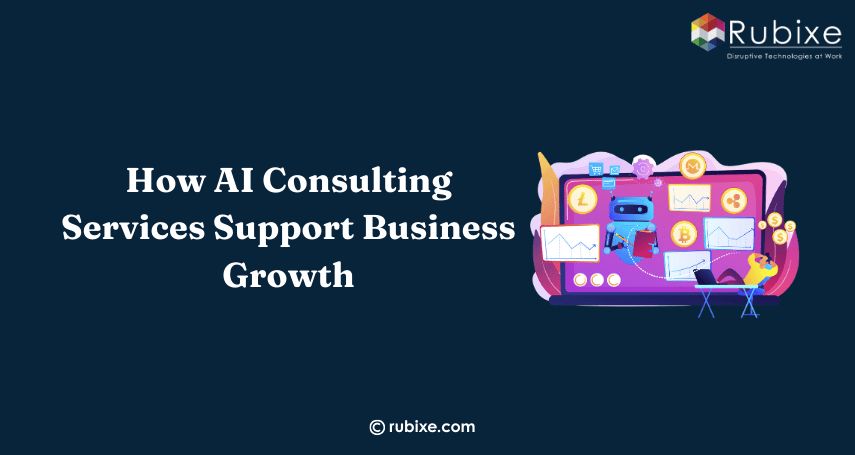Is AI Consulting Right for Your Business?
AI consulting matches practical solutions to real business needs, helping optimize processes, manage data, and scale AI effectively and affordably.
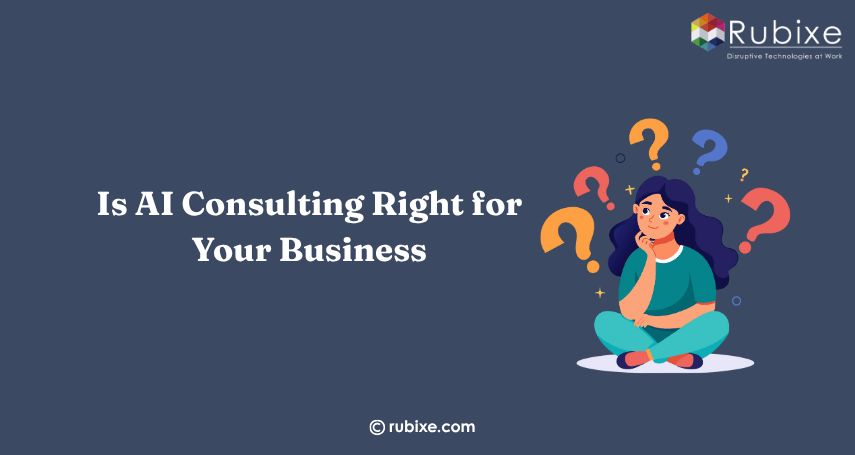
When I started looking into AI for my business, I had a lot of questions. I wasn’t sure where to begin or whether it was the right investment. That led me to explore AI consulting. I discovered that working with an AI consulting service can help businesses identify the right opportunities, avoid common mistakes, and get expert guidance through each step of implementation. It’s not just for large enterprises—small and mid-sized businesses can benefit too, especially when they need a strategic and cost-effective approach to AI adoption
What AI Consulting Involves
AI consulting helps businesses make informed decisions about adopting artificial intelligence by aligning technology with real-world business needs. It includes strategy, tool selection, implementation, and long-term guidance.
-
Assessing Business Needs: Consultants evaluate current operations, goals, and challenges to identify where AI can deliver the most value.
-
Selecting AI Tools: They help choose the right AI technologies based on your objectives, whether it’s automation, analytics, or customer experience.
-
Crafting a Roadmap: A step-by-step plan is developed to guide the AI journey—from pilot projects to full-scale implementation.
-
Implementation Support: Consultants ensure smooth deployment of AI tools and integrate them with your existing systems and workflows.
-
Training and Enablement: Teams receive guidance and training to use AI solutions effectively and confidently.
-
Performance Monitoring: AI experts track results, optimize systems, and make necessary adjustments to improve ROI over time.
Who Needs It and Who Might Not
AI consulting is not a universal requirement for every business. While it offers tremendous value for many, some may not need it immediately. Knowing where your business stands helps decide if AI consulting is the right move.
Who Needs It:
-
Small and medium businesses planning to scale: Companies aiming for growth can benefit from automation and smarter processes through AI consulting.
-
Organizations with data but no clear use for it: If you're collecting data but not leveraging it, consultants help extract real value.
-
Businesses exploring AI for the first time: If you're unsure how to get started with AI, expert guidance can provide clarity and structure.
-
Companies experiencing operational inefficiencies: AI consulting can identify areas for automation and process improvement.
-
Enterprises launching AI-driven projects: Larger organizations use consultants to ensure strategy alignment and risk mitigation.
Who Might Not Need It Yet:
-
Early-stage startups are still defining their core offerings: Without a clear product or market fit, AI might not be a priority.
-
Businesses lacking digital infrastructure: If your systems aren't digitized, building a foundation should come before AI integration.
-
Companies with strong internal AI teams: Organizations with in-house data science and AI capabilities might not require external consulting, except for specialized expertise.
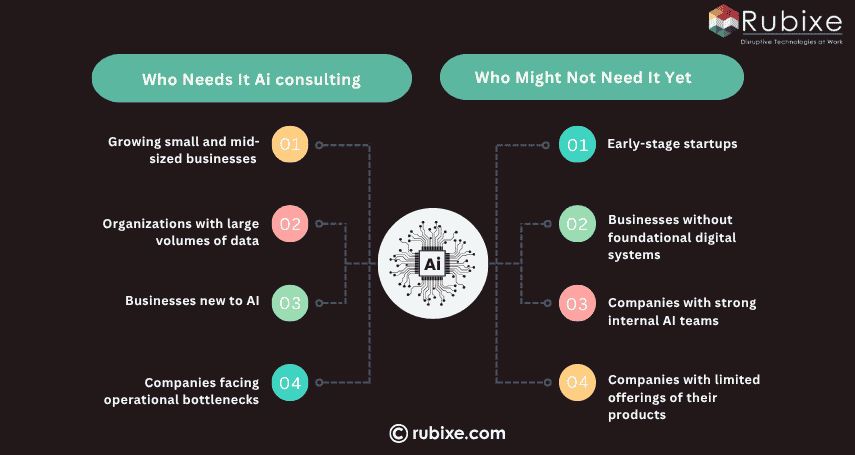
How to Assess Your Readiness for AI Adoption
Before investing in AI consulting or technology, it’s essential to understand whether your business is ready to integrate AI effectively. This involves evaluating your resources, processes, and goals.
-
Define your business goals: Clarify what you want AI to help with—customer service improvement, operational efficiency, or data-driven decisions.
-
Evaluate your data: AI thrives on data. Make sure you have clean, structured, and accessible data. If not, data preparation should be the first step.
-
Check your digital infrastructure: Reliable systems, software, and cloud capabilities are needed to support AI tools and models.
-
Assess internal skills and knowledge: Determine if your team has basic knowledge of AI or if external consulting and training are required.
-
Review current processes: Identify repetitive, manual, or inefficient workflows that could benefit from automation or AI insights.
-
Understand your budget: AI adoption doesn’t have to be costly, but it requires some investment. Know your limits and plan accordingly.
-
Gauge organizational openness: AI adoption brings change. Ensure your team is open to learning new tools and adapting to new processes.
Aligns AI Initiatives With Your Business Goals
For AI to deliver measurable value, it must be closely tied to what your business is aiming to achieve. Aligning AI efforts with your goals ensures focused implementation and stronger returns.
-
Start with a clear objective: Identify whether your aim is to reduce costs, boost sales, enhance customer experience, or streamline operations.
-
Match the right AI solution to each goal: For example, use predictive analytics for sales forecasting or natural language processing for improving support.
-
Prioritize high-impact areas: Focus on business functions where AI can make the most immediate and measurable difference.
-
Use data to drive alignment: Leverage existing data to identify patterns, challenges, and opportunities that AI can address.
-
Involve key stakeholders: Ensure leadership and department heads are aligned on how AI supports broader business strategies.
-
Measure progress against goals: Use KPIs to track how each AI initiative contributes to business outcomes.
Improving Efficiency and Gaining Insight Through AI-Powered Tools
From what I've learned and observed, AI-powered tools can play a major role in helping businesses work smarter. They're especially useful for simplifying complex tasks and turning large volumes of data into clear, actionable insights.
-
Routine processes like data entry, scheduling, and reporting become much faster and more accurate with automation.
-
AI tools support better decision-making by analyzing historical trends and providing real-time data insights.
-
Productivity improves because these systems reduce manual work and free up time for more strategic efforts.
-
Clean and well-organized data becomes easier to maintain, which improves accuracy across departments.
-
Customer service tools powered by AI can respond instantly to common queries, leading to better customer experiences.
-
Over time, efficiency gains can also contribute to cost savings and stronger overall performance.
Provides Cost-Effective Expertise and Risk Mitigation
AI consulting companies offer small and medium-sized businesses access to high-level expertise without the cost of building an in-house AI team. It also helps reduce the risks associated with implementing new technologies by ensuring proper planning and execution.
-
Offers specialized knowledge: Consultants bring experience across various industries and use cases.
-
Avoids unnecessary investment: Guidance helps businesses choose the right tools and avoid overspending on ineffective solutions.
-
Minimizes implementation errors: With structured planning, consultants help avoid common technical and operational pitfalls.
-
Ensures regulatory compliance: Expert advice helps navigate data privacy and security standards.
-
Speeds up deployment: Consultants provide frameworks and best practices to accelerate implementation.
-
Reduces long-term costs: A well-executed AI strategy prevents rework and promotes sustainable outcomes.
Ensures Sustainable Growth and Scalability
AI consulting helps businesses design solutions that not only solve immediate problems but also support long-term growth. By aligning AI tools with business goals, companies can scale operations more efficiently as they grow.
-
Plans for future needs: Consultants help develop AI systems that adapt as your business evolves.
-
Supports flexible architecture: Scalable frameworks allow for easy integration of new features or tools.
-
Aligns with business objectives: AI strategies are tailored to match your company’s growth trajectory.
-
Promotes resource efficiency: Automating key operations allows teams to handle increased demand without proportional cost increases.
-
Improves long-term competitiveness: Sustainable AI adoption keeps businesses ahead in their industry.
-
Prepares for new opportunities: Insightful data analysis opens paths for innovation and expansion.
Key Questions to Ask Before Hiring a Consultant
Choosing the right AI consulting partner is critical for project success. Asking the right questions helps ensure that the consultant understands your goals and has the right experience to deliver results.
-
What is your experience with businesses of our size or industry?
Helps assess if the consultant understands your specific market challenges. -
Can you walk us through your typical implementation process?
Gives clarity on timelines, deliverables, and project management. -
What AI tools and platforms do you specialize in?
Ensures compatibility with your existing systems and goals. -
How do you measure ROI or success?
Verifies that they prioritize outcomes and business impact. -
What ongoing support do you offer after deployment?
Determines if they provide long-term value beyond initial setup. -
Can you provide case studies or client references?
Builds trust in their track record and practical experience.
AI consulting provides businesses with expert guidance to adopt and scale AI effectively. It helps align technology with strategic goals, reduce implementation risks, and optimize long-term outcomes. For organizations exploring AI or looking to enhance existing efforts, consulting offers a practical, cost-efficient path to achieve measurable results.
